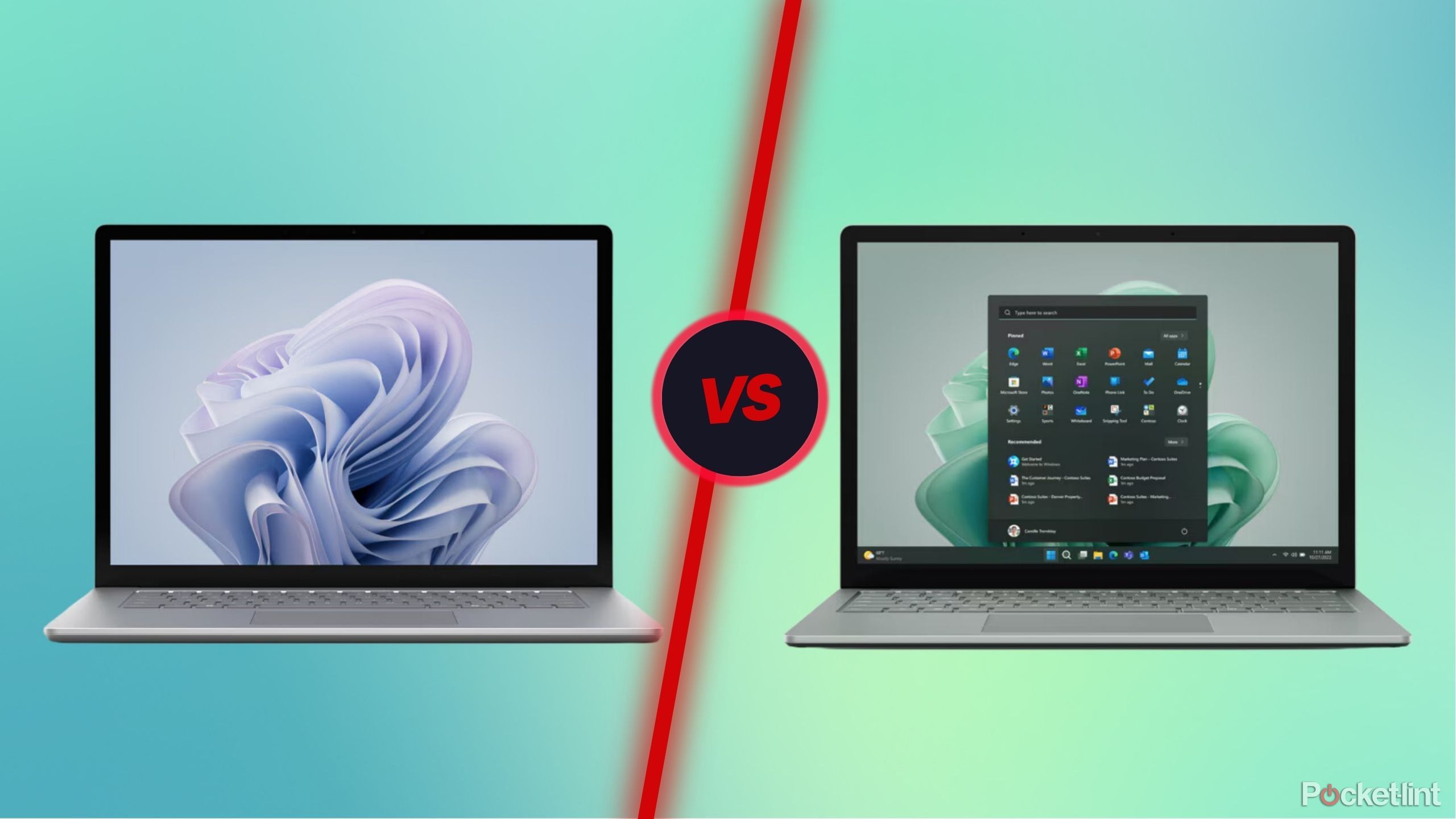Business Vs Personal Laptop

In today's digital age, a laptop is more than just a device; it's an essential tool for productivity, communication, and even entertainment. But with a plethora of options available, choosing the right laptop can feel overwhelming. This article aims to dissect the key differences between business and personal laptops, providing value-conscious shoppers with the insights needed to make an informed decision.
Understanding the Landscape: Business vs. Personal Laptops
The distinction between business and personal laptops lies primarily in their intended use and the features they prioritize. Business laptops often emphasize security, durability, and manageability, while personal laptops tend to focus on multimedia capabilities, portability, and affordability.
Key Differences at a Glance
- Security: Business laptops frequently include advanced security features like TPM chips, biometric authentication, and robust encryption options.
- Durability: Built to withstand the rigors of travel and daily use, business laptops often feature ruggedized designs and spill-resistant keyboards.
- Manageability: IT departments rely on remote management tools and standardized hardware configurations for efficient deployment and maintenance of business laptops.
- Performance: Both types offer a range of performance levels, but business laptops may prioritize stability and reliability over raw processing power.
- Software: Business laptops often come pre-loaded with professional software suites and productivity tools. Personal laptops typically feature consumer-oriented applications.
- Price: Generally, business laptops command a higher price tag due to their advanced features and enhanced durability.
Shortlist of Recommended Laptops
Here's a curated list of laptops tailored to different audiences and budgets:
- For the Budget-Conscious Professional: Lenovo ThinkPad E14 - Offers a balance of performance, durability, and security at an affordable price.
- For the Road Warrior: Dell XPS 13 - Combines a sleek design with long battery life and robust performance, making it ideal for travel.
- For the Creative Professional: Apple MacBook Pro 14" - Delivers exceptional performance and a stunning display, perfect for demanding creative tasks.
- For the Security-Focused User: HP EliteBook 840 G9 - Provides comprehensive security features, including HP Sure View privacy screen and HP Wolf Security.
- For the Everyday User: Acer Aspire 5 - A versatile laptop with good performance and a comfortable keyboard, suitable for general tasks and entertainment.
Detailed Reviews
Lenovo ThinkPad E14
The Lenovo ThinkPad E14 is a solid choice for budget-minded professionals. It offers a comfortable keyboard, reliable performance, and the signature ThinkPad durability. The integrated security features, such as a TPM chip and fingerprint reader, provide peace of mind.
Dell XPS 13
The Dell XPS 13 is renowned for its sleek design and exceptional portability. Its long battery life and powerful processors make it ideal for users on the go. The nearly borderless display provides an immersive viewing experience.
Apple MacBook Pro 14"
The Apple MacBook Pro 14" is a powerhouse for creative professionals. Its powerful M-series chip delivers exceptional performance for demanding tasks like video editing and graphic design. The stunning Liquid Retina XDR display provides unparalleled color accuracy and clarity.
HP EliteBook 840 G9
The HP EliteBook 840 G9 prioritizes security with features like HP Sure View and HP Wolf Security. It's a reliable and secure laptop for business users. It offers a comfortable typing experience.
Acer Aspire 5
The Acer Aspire 5 is a great all-around laptop for everyday use. It provides a good balance of performance and features at an attractive price point. It's suitable for students, home users, and anyone needing a reliable laptop for general tasks.
Side-by-Side Specs and Performance
| Laptop | Processor | RAM | Storage | Display | Battery Life (approx.) | Performance Score (Geekbench 5 Multi-Core) |
|---|---|---|---|---|---|---|
| Lenovo ThinkPad E14 | Intel Core i5 | 8GB | 256GB SSD | 14" FHD | 8 hours | 4200 |
| Dell XPS 13 | Intel Core i7 | 16GB | 512GB SSD | 13.4" FHD+ | 12 hours | 5500 |
| Apple MacBook Pro 14" | Apple M1 Pro | 16GB | 512GB SSD | 14.2" Liquid Retina XDR | 17 hours | 7500 |
| HP EliteBook 840 G9 | Intel Core i7 | 16GB | 512GB SSD | 14" FHD | 9 hours | 5300 |
| Acer Aspire 5 | AMD Ryzen 5 | 8GB | 256GB SSD | 15.6" FHD | 7 hours | 3800 |
Practical Considerations
Beyond the core specifications, several practical considerations should influence your decision.
Budget
Set a realistic budget and stick to it. Remember that the cheapest option isn't always the best value in the long run.
Operating System
Choose an operating system (Windows, macOS, ChromeOS) that aligns with your preferences and software requirements. Windows is most widely used. macOS is known for its user-friendly interface and strong security, ChromeOS is best suited for web based usage.
Portability
If you travel frequently, prioritize a lightweight and compact laptop with long battery life. Consider the weight and dimensions of the laptop.
Software Compatibility
Ensure that the laptop is compatible with the software you need to use. Some applications are only available on specific operating systems.
Warranty and Support
Look for laptops with comprehensive warranties and reliable customer support. A good warranty can save you money and hassle in the event of a hardware failure.
Summary: Making the Right Choice
Choosing between a business and personal laptop requires careful consideration of your individual needs and priorities. Business laptops excel in security, durability, and manageability, while personal laptops often offer better value for multimedia and everyday use. Evaluate your budget, intended use, and software requirements to make an informed decision. Prioritize factors like security, portability, and warranty based on your specific needs.
Call to Action
Ready to make your decision? Explore the laptops mentioned in this article and compare their features and specifications. Don't hesitate to read reviews and ask for recommendations from trusted sources. Invest in a laptop that will empower you to achieve your goals and enhance your productivity.
Frequently Asked Questions (FAQ)
Q: What is a TPM chip?
A: A TPM (Trusted Platform Module) chip is a hardware-based security component that stores encryption keys and protects against unauthorized access to your data.
Q: What is the difference between SSD and HDD storage?
A: SSD (Solid State Drive) storage is faster and more durable than traditional HDD (Hard Disk Drive) storage. SSDs offer quicker boot times and application loading speeds.
Q: How much RAM do I need?
A: 8GB of RAM is sufficient for most everyday tasks. 16GB or more is recommended for demanding applications like video editing and gaming.
Q: What is the ideal screen size for a laptop?
A: The ideal screen size depends on your portability needs and viewing preferences. 13-14 inch laptops are great for portability. 15-17 inch models offer a larger viewing area.
Q: Are extended warranties worth it?
A: Extended warranties can be worth considering, especially for expensive laptops or those prone to hardware issues. Weigh the cost of the warranty against the potential cost of repairs.
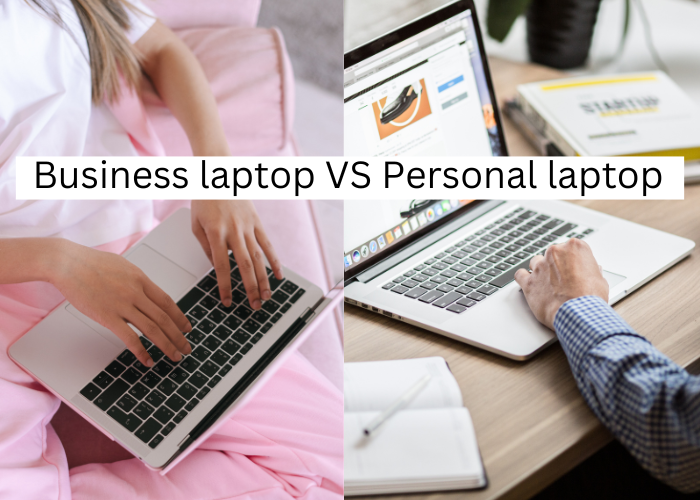

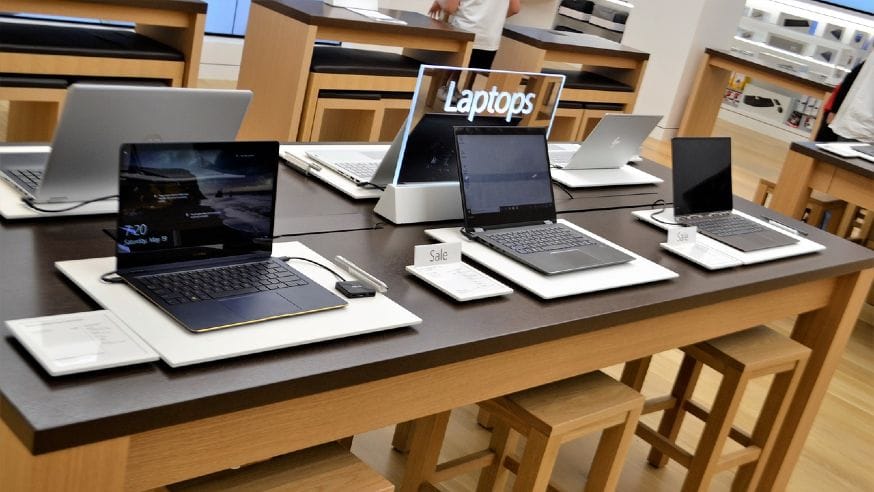

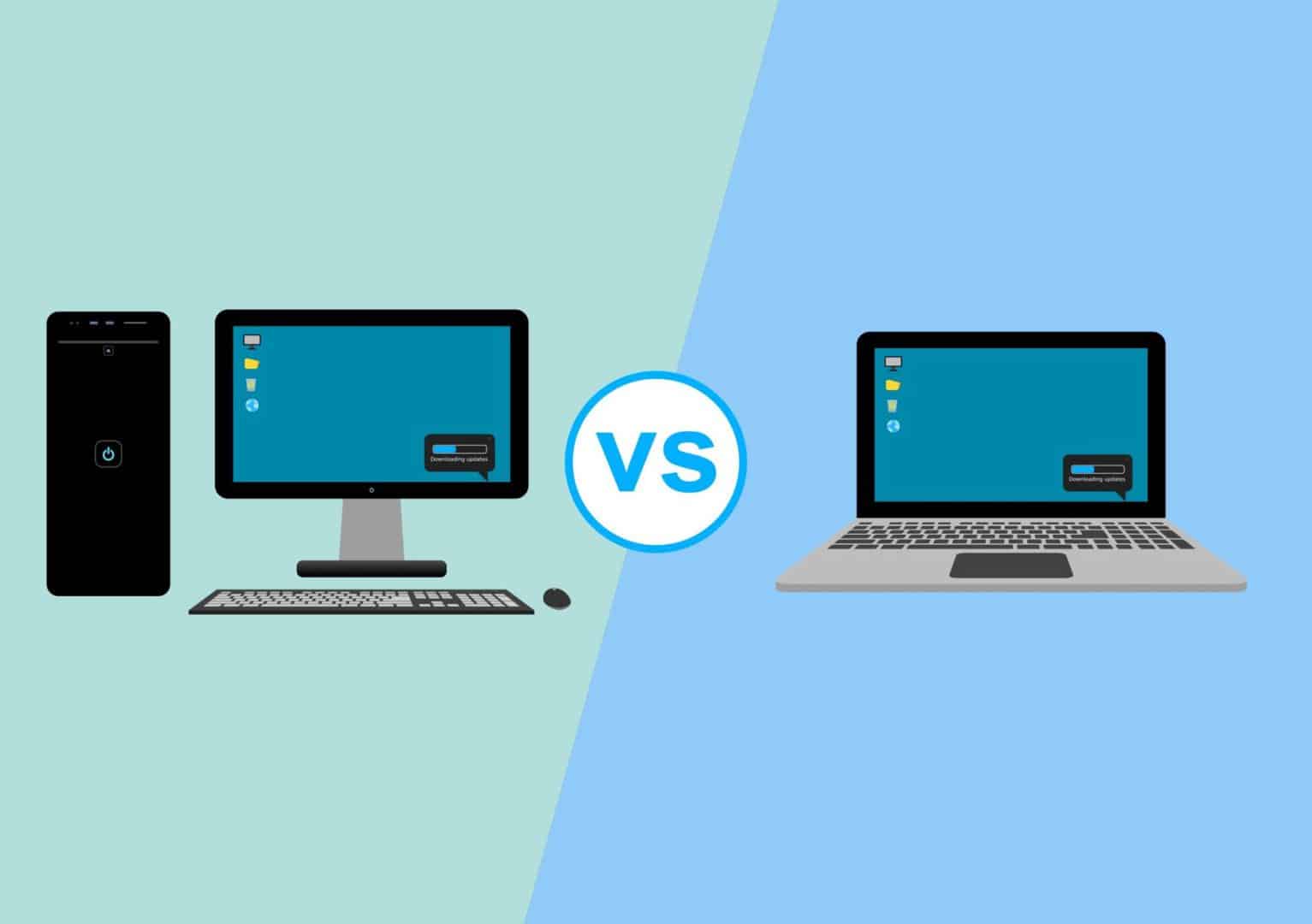


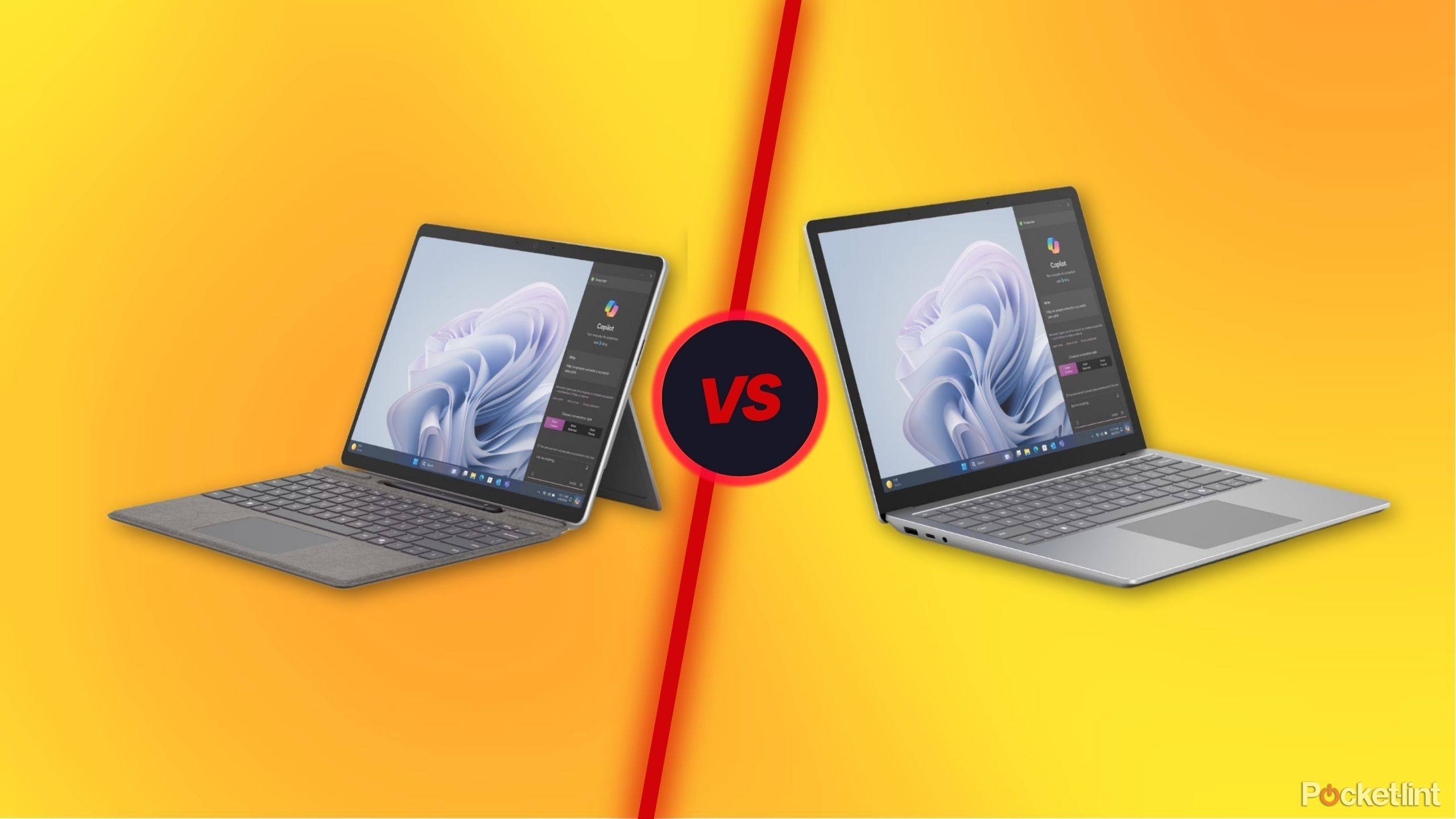

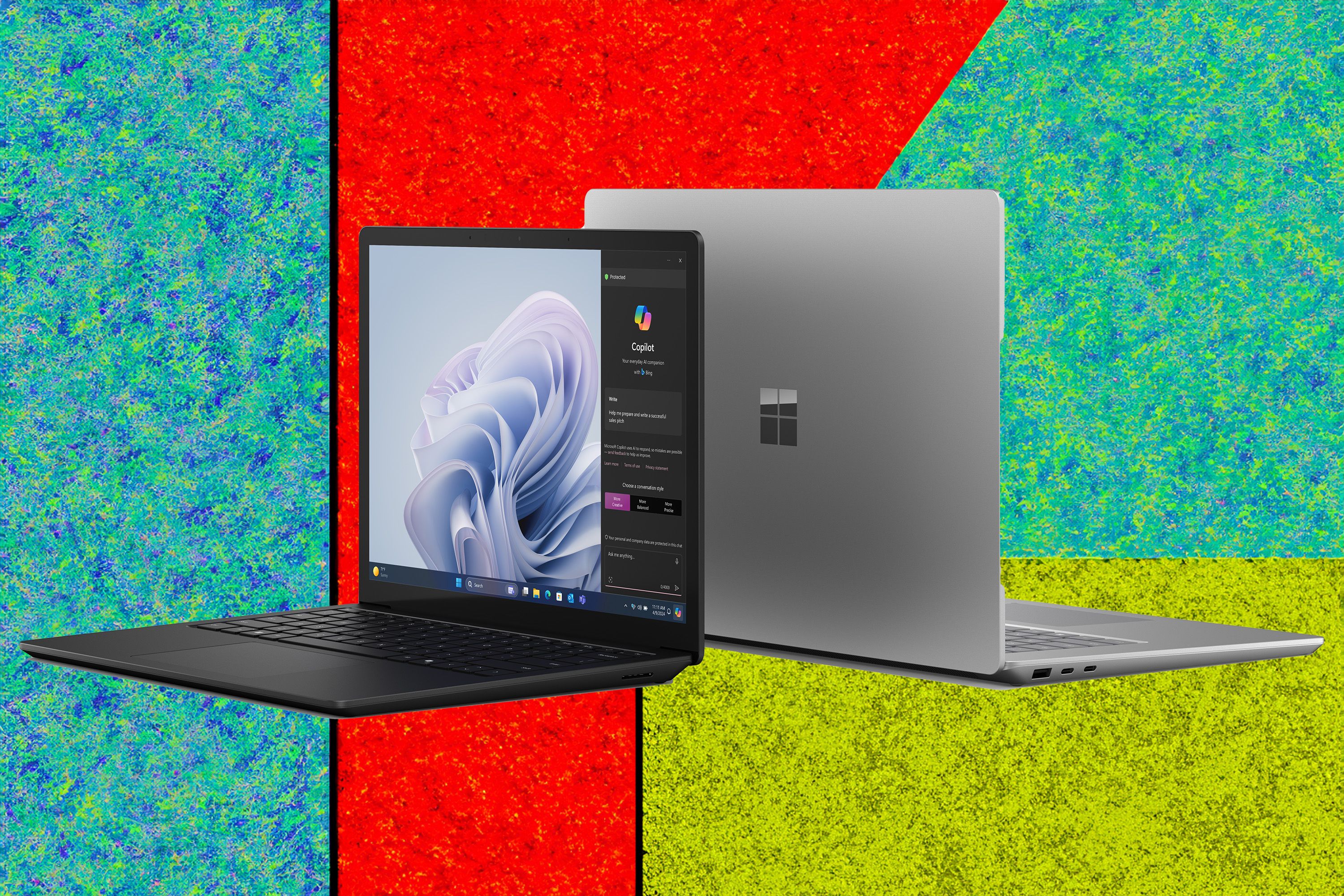
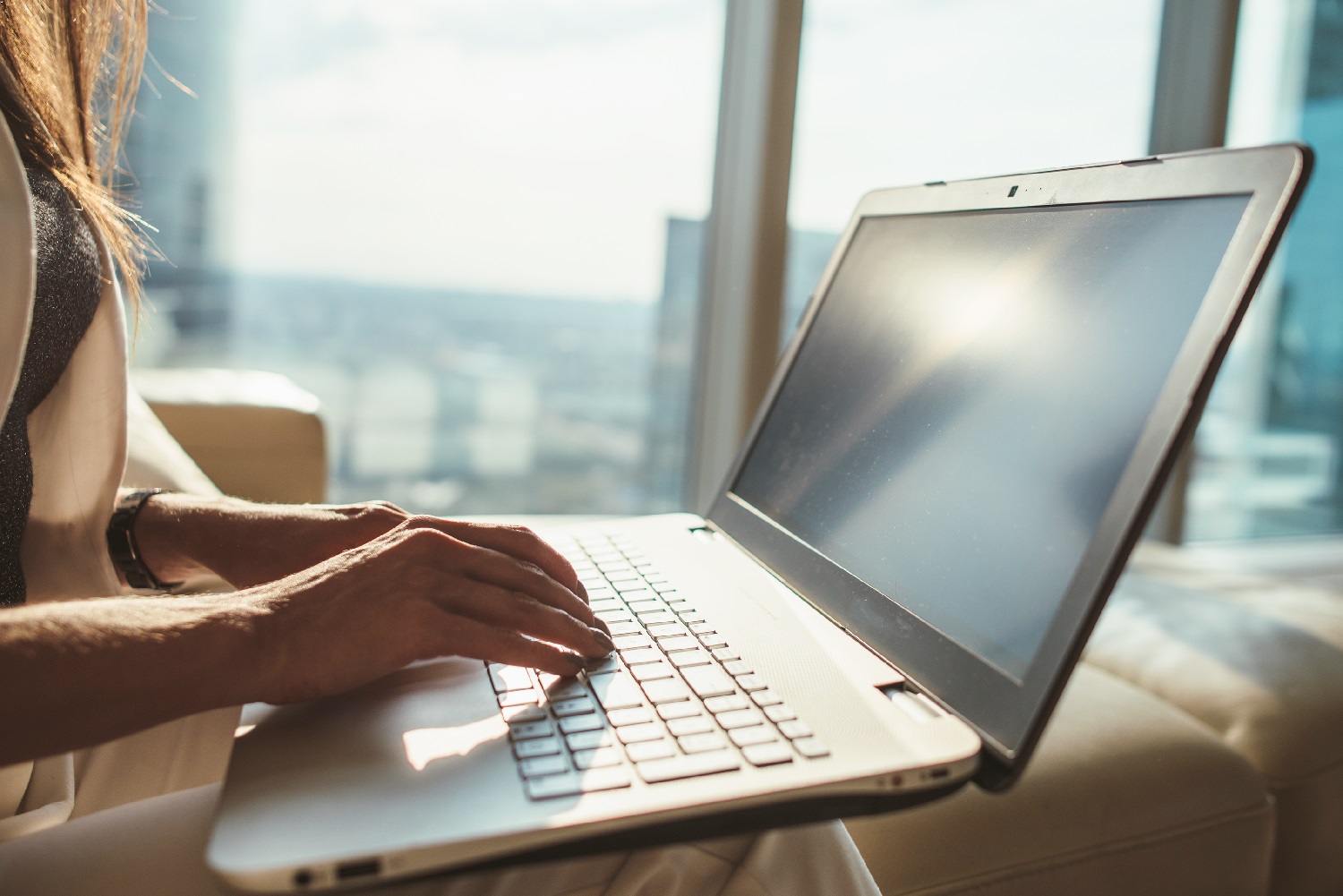
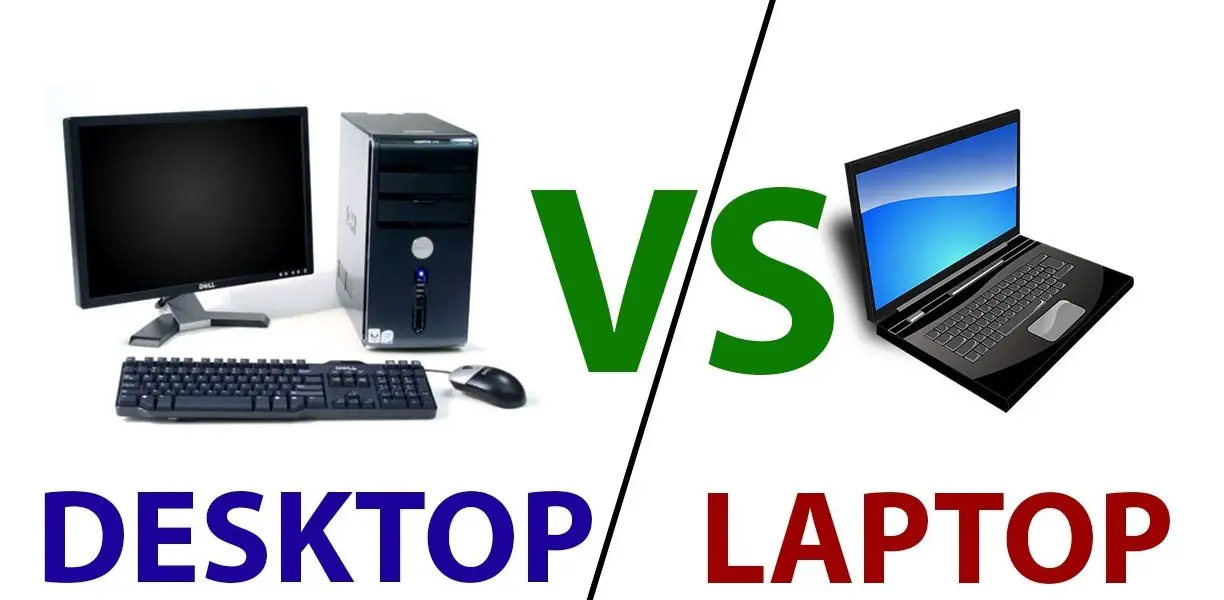

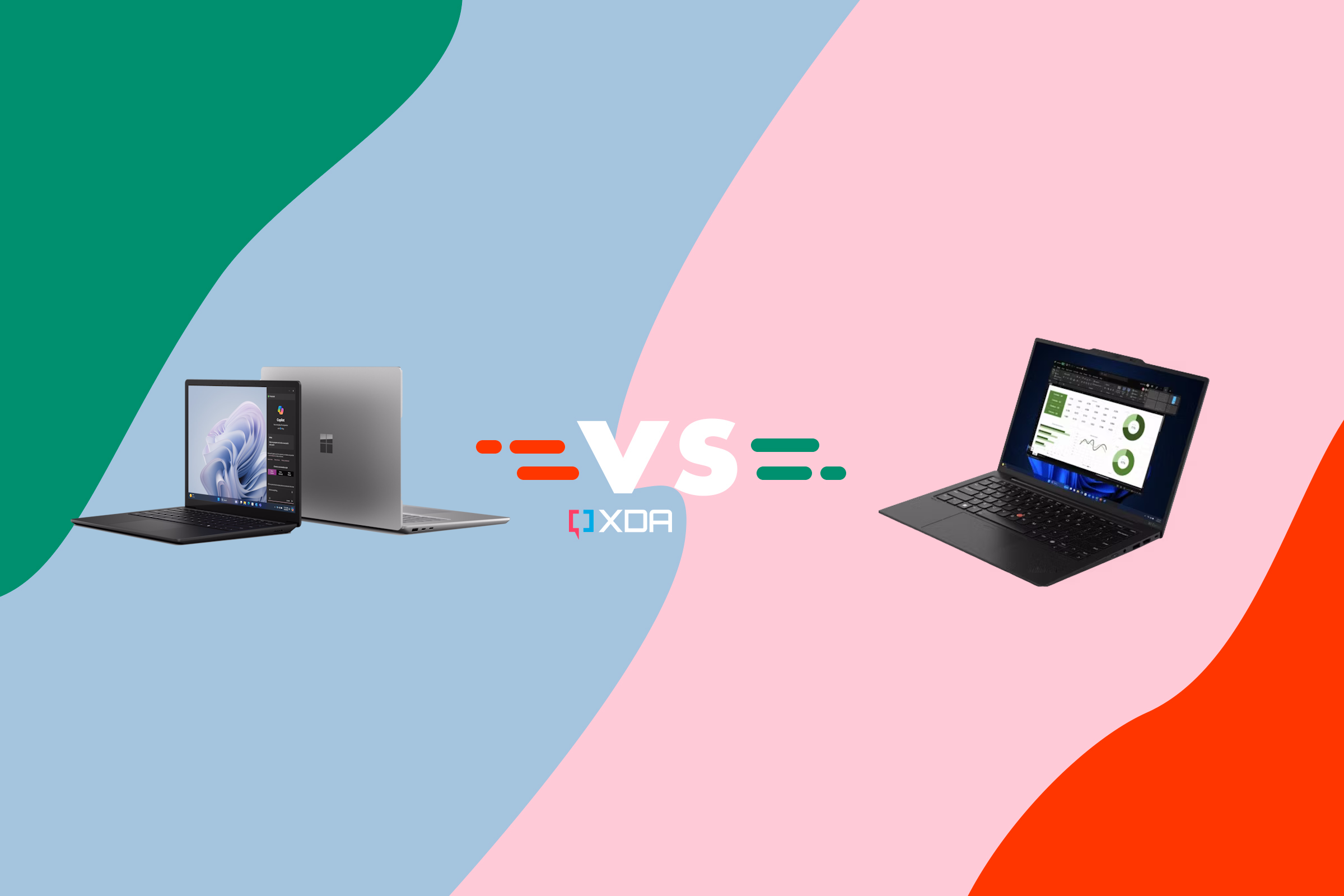
.png)


